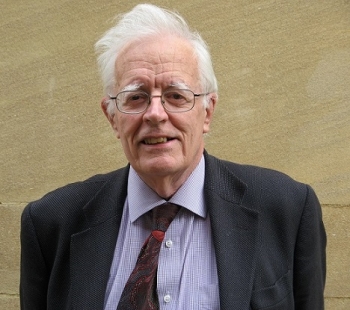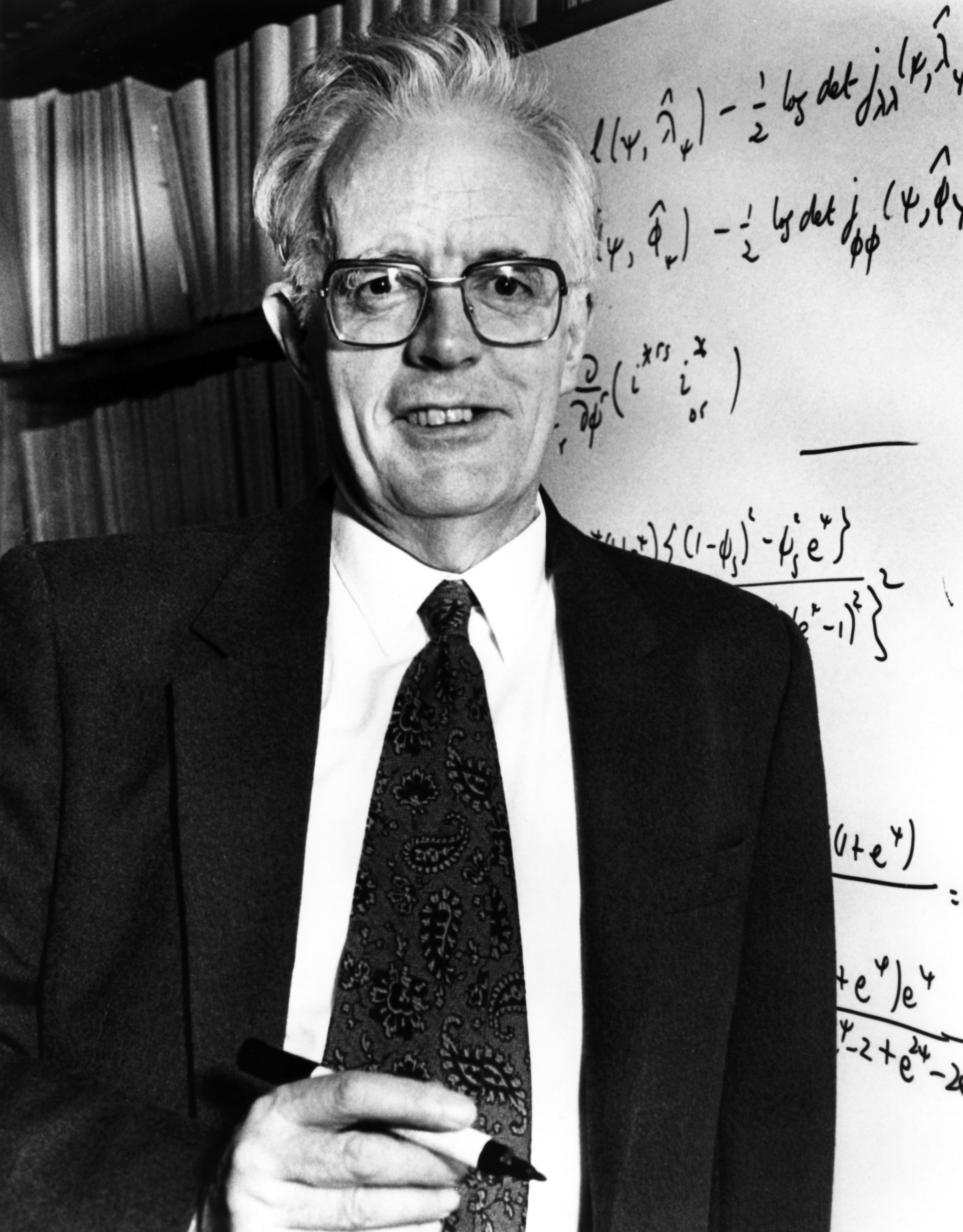'Genius' statistician and Honorary Fellow dies aged 97
“Sir David will be remembered for his hugely significant contribution towards statistical research and his unfailing support of future generations of mathematicians”
Tributes have been paid to Sir David Roxbee Cox MA FRS FBA (Hon) FRSE, a pioneering British statistician, Honorary Fellow and alumnus of St John’s College, who has died at the age of 97.
Sir David was an internationally renowned statistician who made outstanding contributions to research in the fields of statistics and applied probability, including the development of the Cox Model, which is widely used in medicine when analysing patients’ chances of survival. He died on Tuesday 18 January.
He was elected as an Honorary Fellow of St John’s College in 1989 and was also an Honorary Fellow of Nuffield College, Oxford, where he was Warden from 1988-1994. He remained affiliated with the Department of Statistics at Oxford after his official retirement.
Sir David’s research earned him many awards, medals and honorary doctorates. He was awarded the Royal Statistical Society’s highest honour – the Gold Guy Medal – in 1973, and was knighted by the Queen in 1985.

Heather Hancock, Master of St John’s College, said: “We were saddened to learn of the death of internationally renowned statistician Sir David Cox. Sir David will be remembered for his hugely significant contribution towards statistical research and for his unfailing support of future generations of mathematicians. It was a privilege to count such an inspiring scholar and alumnus of St John’s as an Honorary Fellow of the College.”
In 2010 Sir David was awarded the prestigious Copley Medal of the Royal Society for his seminal contributions to the theory and applications of statistics, and in 2017 he was the very first recipient of the International Prize in Statistics for his ‘life-changing breakthroughs with far reaching societal impacts’. That same year he jointly won the BBVA Foundation Frontiers of Knowledge Award in the Basic Sciences category with Professor Bradley Efron of Stanford University, ‘for the development of “pioneering and hugely influential” statistical methods that have proved indispensable for obtaining reliable results in a vast spectrum of disciplines from medicine to astrophysics, genomics or particle physics’.
Born in Birmingham in July 1924, Sir David studied Mathematics at St John’s in the 1940s and went on to obtain his PhD from the University of Leeds. After working at the Royal Aircraft Establishment and Wool Industries Research Association, he took up an academic position at the Statistical Laboratory at the University of Cambridge in the 1950s, later becoming a Visiting Professor at the University of Carolina. His academic career also took him to Birkbeck College and Imperial College, London. He was also President of the Royal Statistical Society from 1980-1982 and of the International Statistical Institute in 1995-1997.

Last year the Royal Statistical Society renamed its Research Prize for promising young researchers as the David Cox Research Prize. In a news report about his death, the Society paid tribute to Sir David, calling him ‘one of the most important statisticians of the past century’. It added: “As well as his immense contributions to statistical research, Sir David will be remembered as a boundlessly generous and supportive friend to generations of statisticians. His kindness and humility were as remarkable as his genius.”
Professor Richard Samworth, College Lecturer in Pure Mathematics, University Professor of Statistical Science and Fellow of St John’s, said: “Sir David Cox was a remarkable statistician who had a profound influence on the subject, both within the UK and internationally.
“He is perhaps best known for his proportional hazards model, which has become the core model in survival analysis (his 1972 paper has been cited well over 50,000 times). Among numerous honours and awards, he was the inaugural recipient of the International Prize in Statistics.”
Sir David married wife Joyce in 1947 and the couple had four children.
Published 20/01/2022